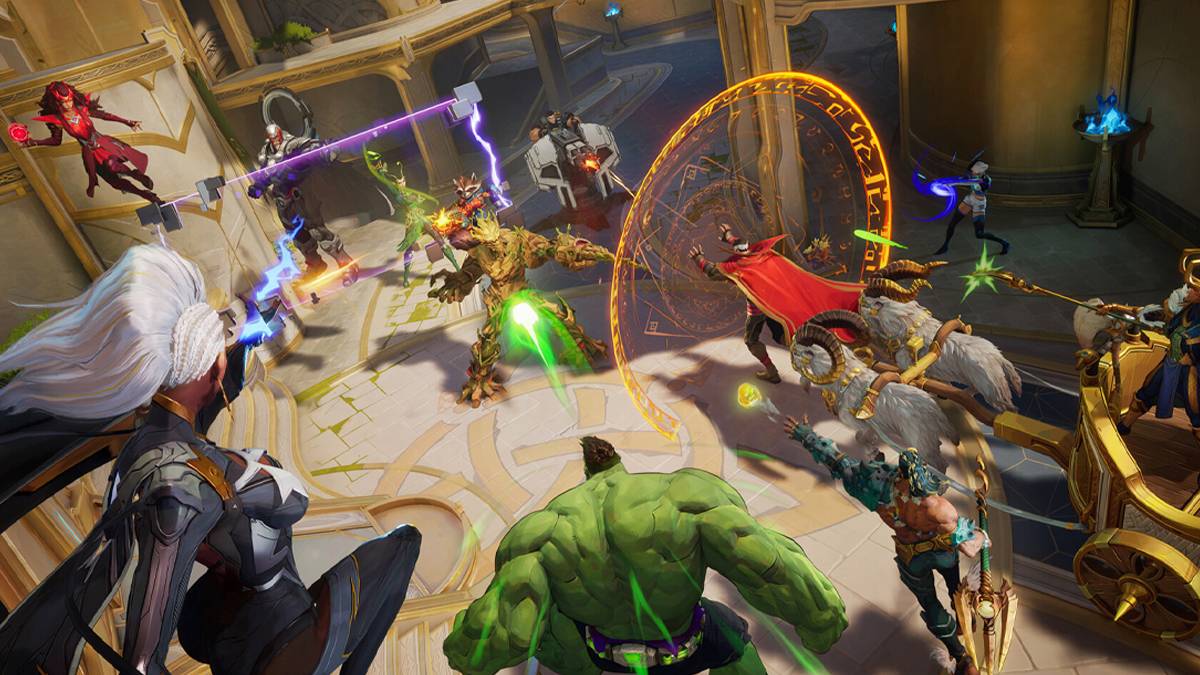The Nvidia GeForce RTX 5070 Ti: A Budget-Friendly 4K Champion?
The Nvidia GeForce RTX 5090's underwhelming generational leap and high price left many wanting. The RTX 5070 Ti, however, offers a more compelling proposition. While not drastically faster than its predecessor, its more affordable price point makes it the most sensible Blackwell architecture card currently available, particularly for those on a budget.
Priced at $749, the RTX 5070 Ti excels as a 4K graphics card, effectively overshadowing the more expensive RTX 5080 (provided you can find either at their MSRP). It's crucial to note, however, that aftermarket models, like the reviewed MSI variant at $1099, significantly inflate the cost, exceeding the RTX 5080's $999 price. At its base price, though, it's arguably the best option for most 4K gamers.
Purchasing Guide
The Nvidia GeForce RTX 5070 Ti launched February 20, 2025, with a starting price of $749. Remember, this is the base price; expect higher prices for various custom models. While excellent value at $749, its appeal diminishes as the price approaches that of the RTX 5080.
Nvidia GeForce RTX 5070 Ti – Image Gallery
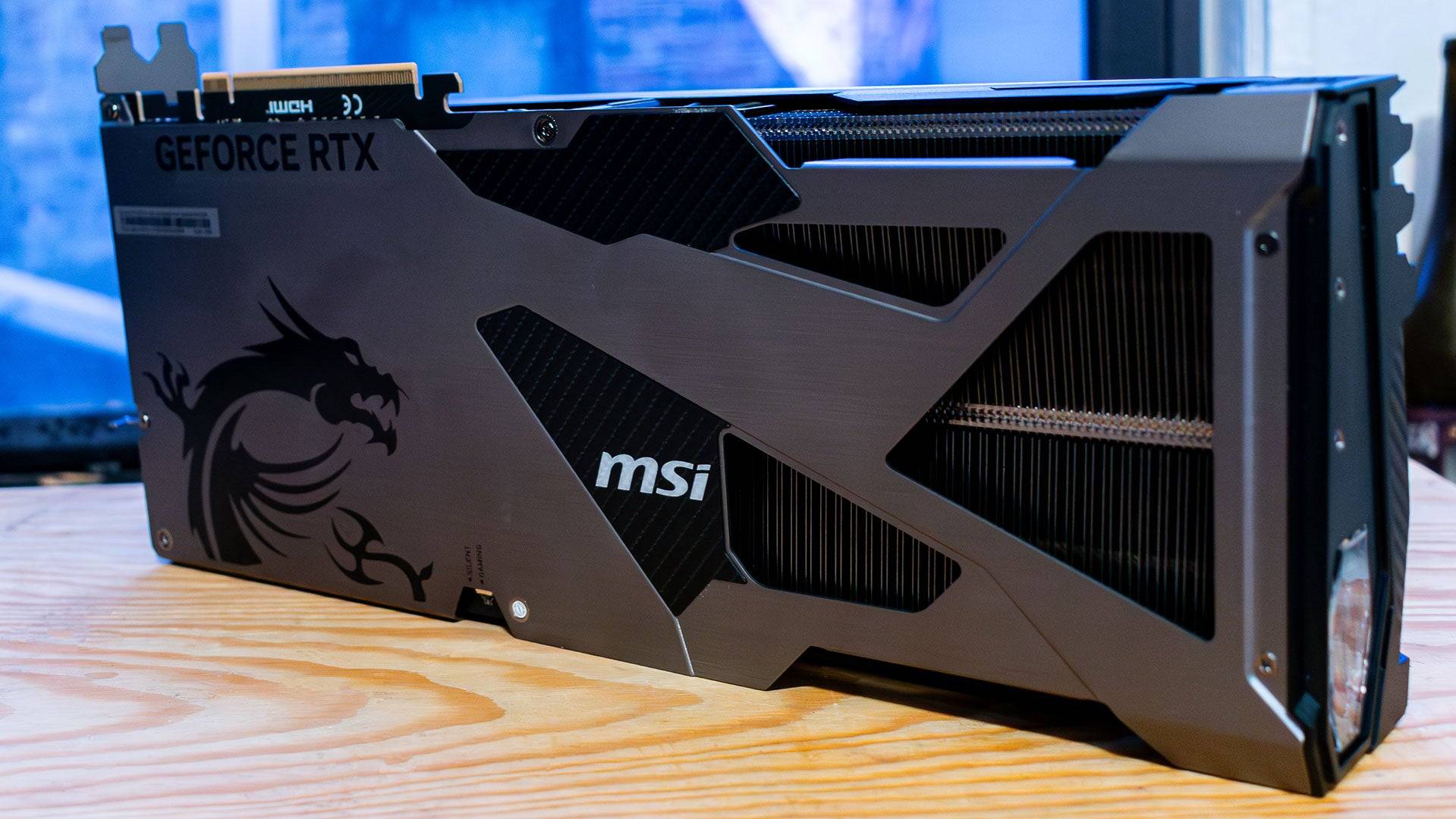
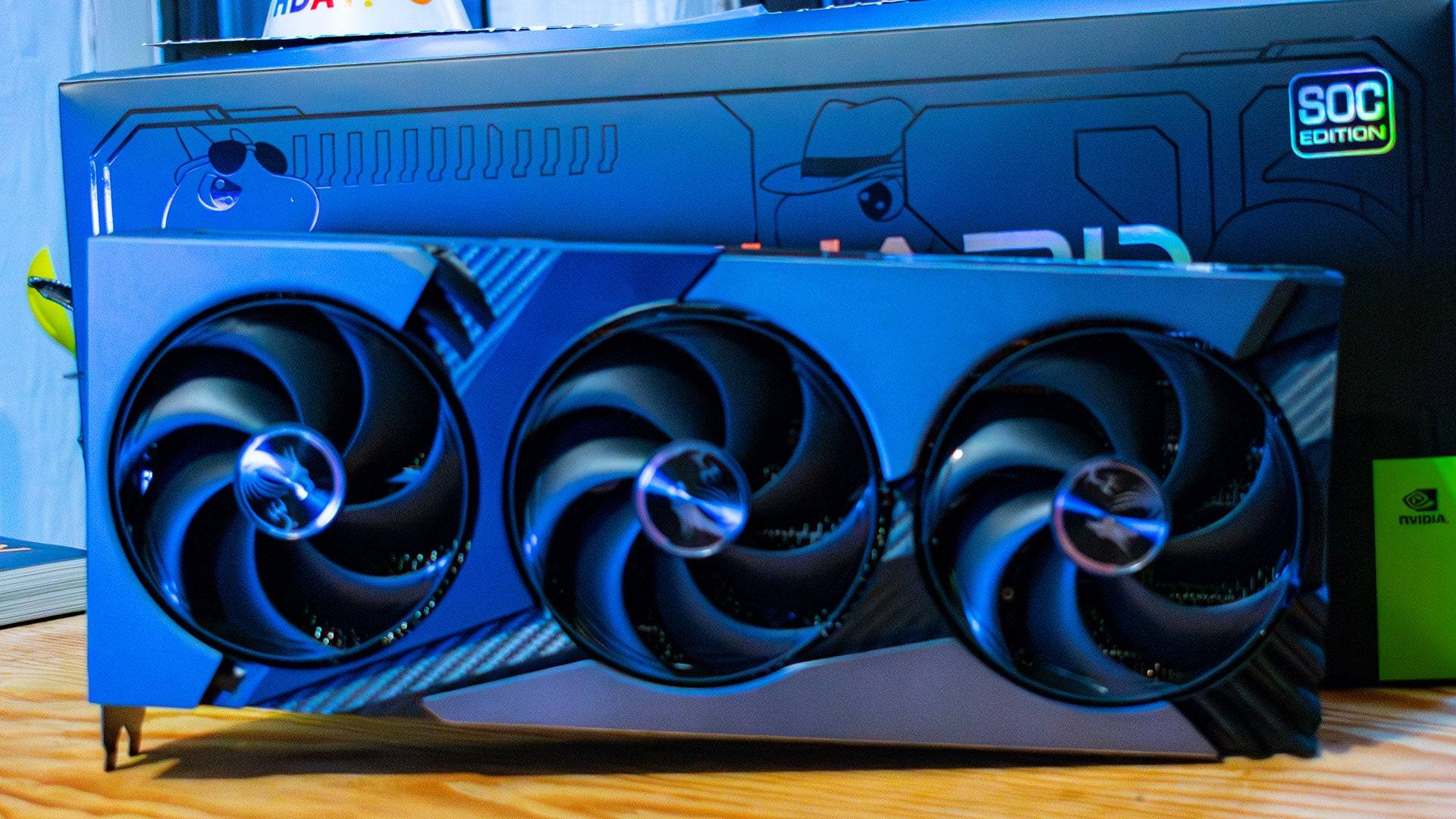 6 Images
6 Images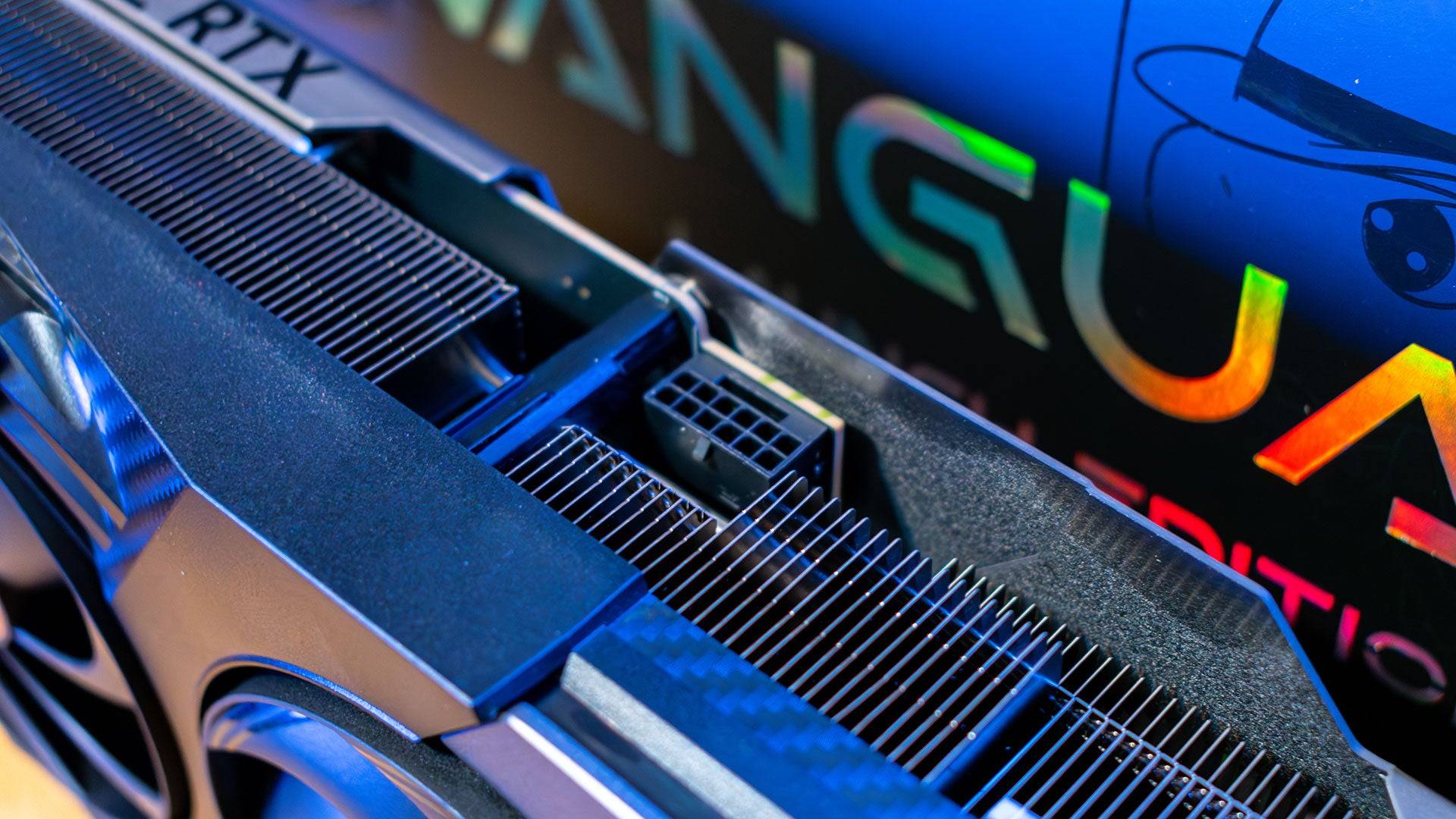
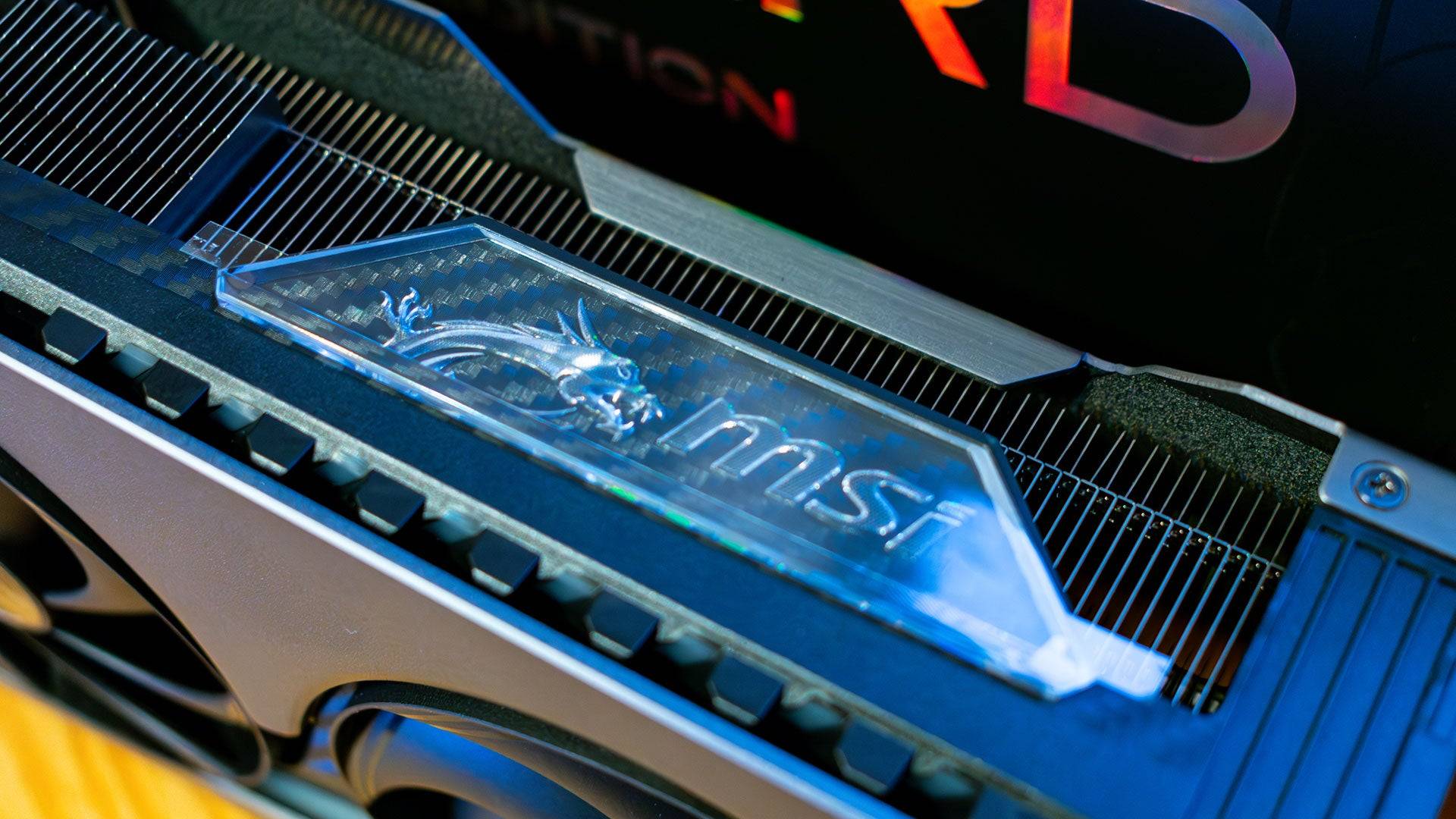
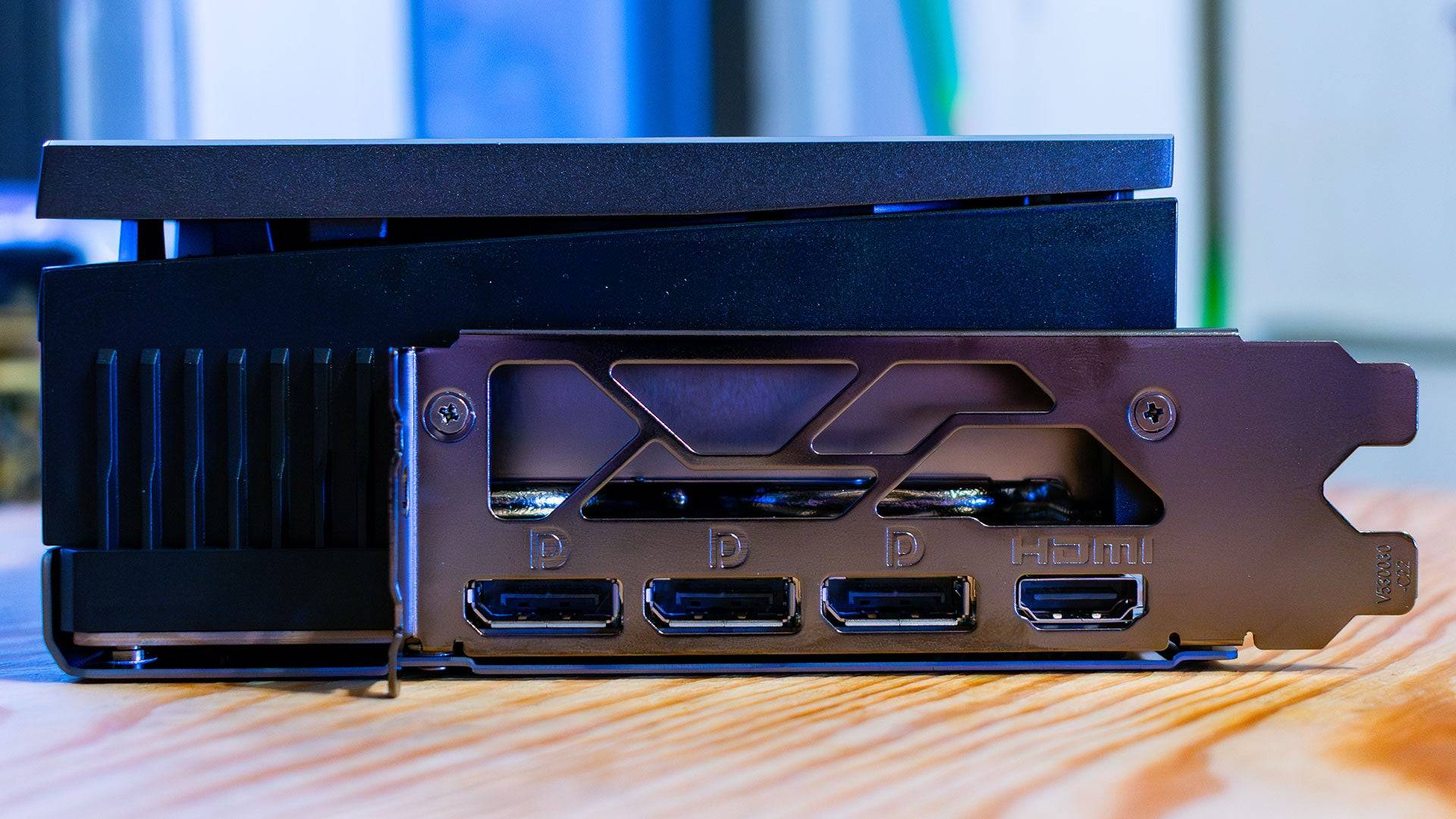

Specs and Features
The RTX 5070 Ti is the third Blackwell architecture GPU. Originally designed for AI workloads (like ChatGPT), Nvidia has adapted it for gaming, retaining its AI-centric features.
Sharing the GB203 GPU with the RTX 5080, it features 70 Streaming Multiprocessors (SMs), resulting in 8,960 CUDA cores, 70 RT cores, and 280 Tensor Cores (14 SMs are disabled compared to the 5080). It also boasts 16GB of GDDR7 RAM, albeit slightly slower than the 5080's. The Tensor Cores are key, leveraging AI upscaling and frame generation.
Blackwell introduces an AI Management Processor (AMP), offloading workload assignment from the CPU to the GPU, significantly enhancing DLSS and frame generation efficiency.
DLSS 4 utilizes a Transformer model instead of a CNN, improving image quality by reducing ghosting and artifacts. It also incorporates "Multi-Frame Generation" (MFG), generating up to three AI-generated frames per rendered frame, potentially quadrupling frame rates. This comes at the cost of increased latency, partially mitigated by Nvidia Reflex.
With a 300W TDP, it's comparable to the RTX 4070 Ti and 4070 Ti Super. Nvidia recommends a 750W PSU; an 850W is safer, especially for high-end models.

DLSS 4: Is It Worth It?
While faster than its predecessor, the RTX 5070 Ti's main selling point is DLSS 4, particularly MFG. For high-refresh-rate monitors, it maximizes display potential, although latency improvements are not dramatic.
MFG analyzes rendered frames and game engine motion data to predict subsequent frames. While similar tech was in the RTX 4090, MFG's scale is significantly larger, generating up to three frames per rendered frame. This can theoretically increase frame rates up to 4x, but real-world results vary.
Testing in Cyberpunk 2077 and Star Wars Outlaws showed significant frame rate increases with MFG, but latency increases were minimal at higher frame rates. Lower frame rates, however, can lead to noticeable lag and artifacts. The RTX 5070 Ti, even at 4K, avoids this issue.
Nvidia GeForce RTX 5070 Ti – Benchmark Results
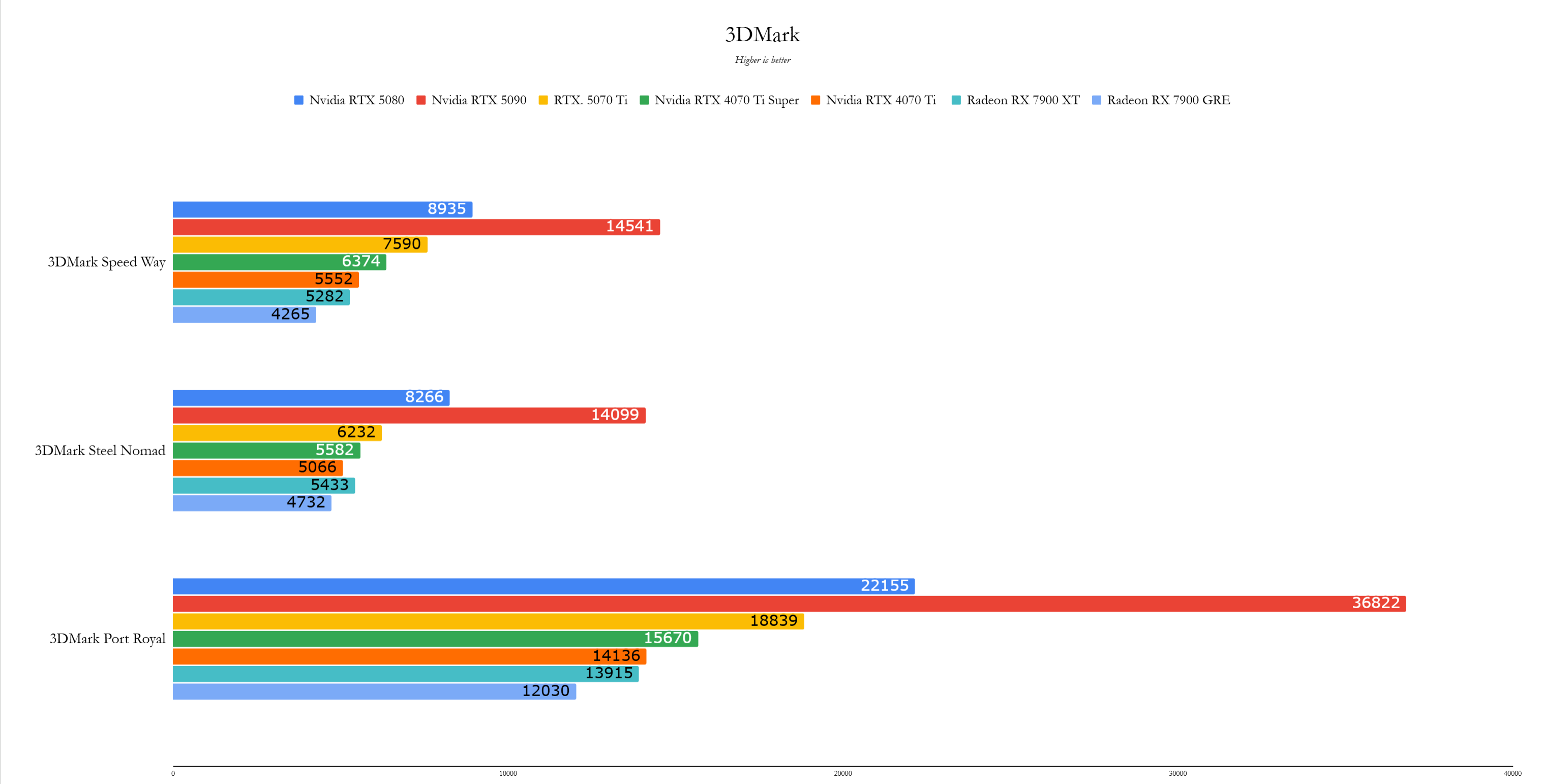
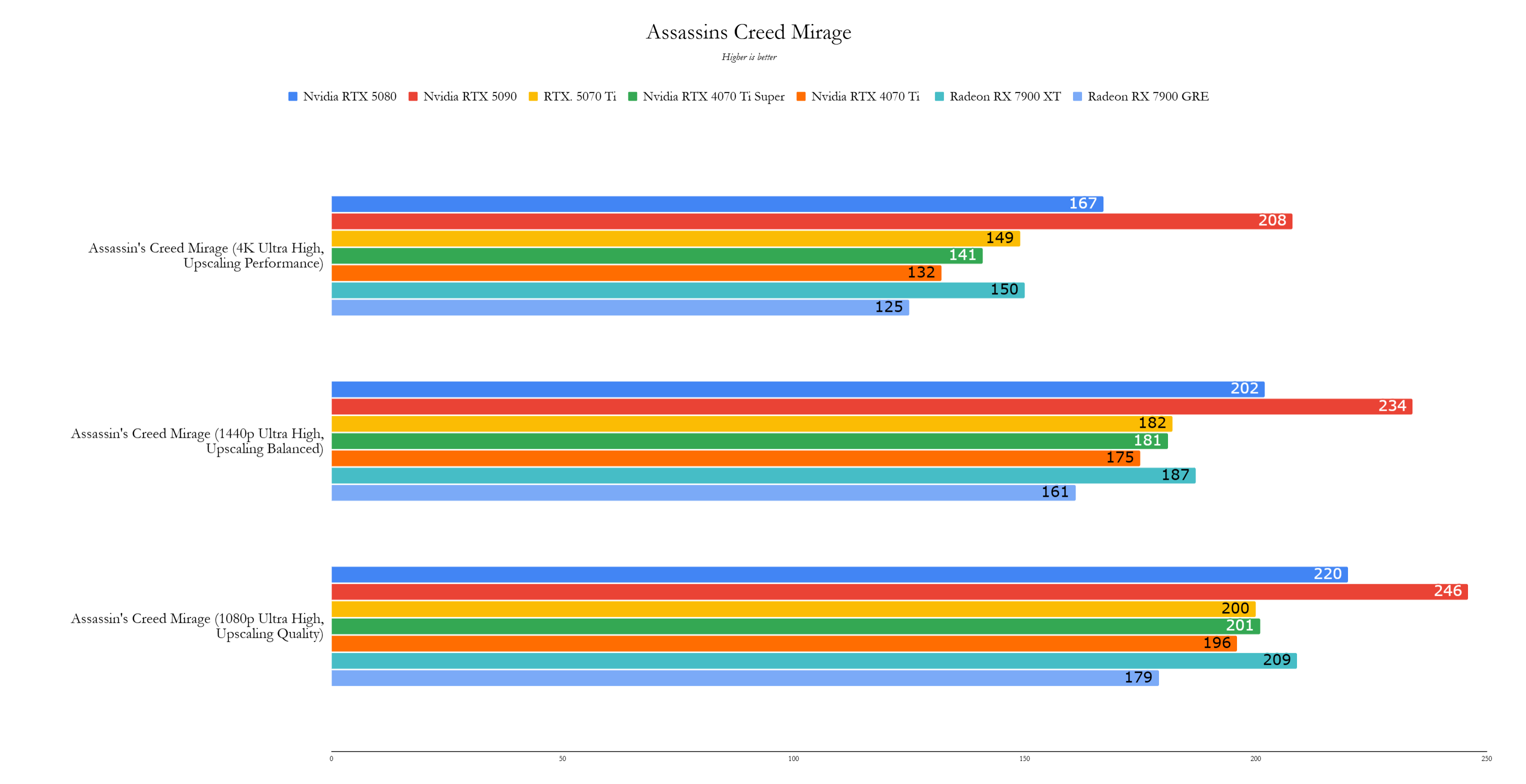 12 Images
12 Images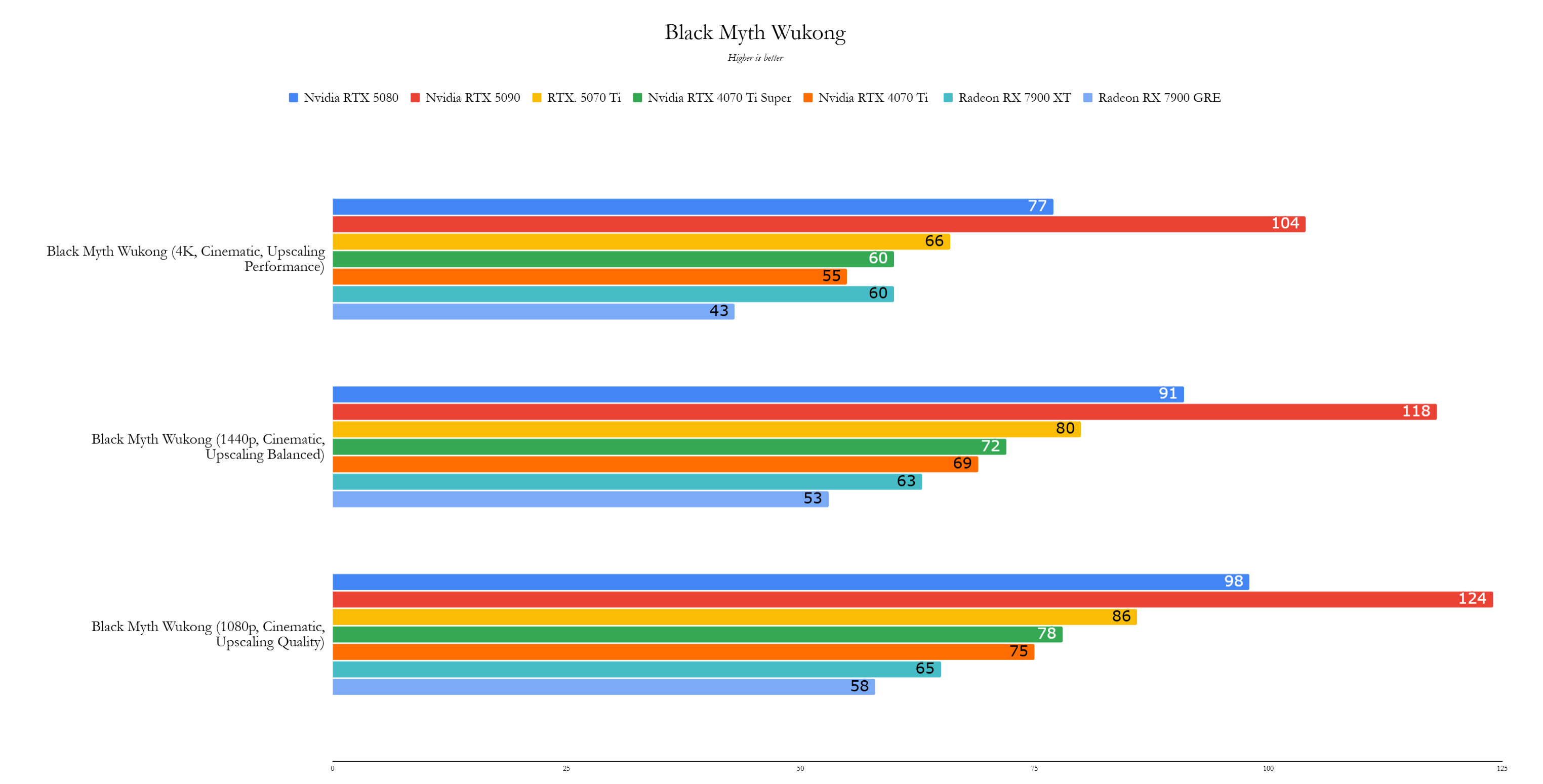
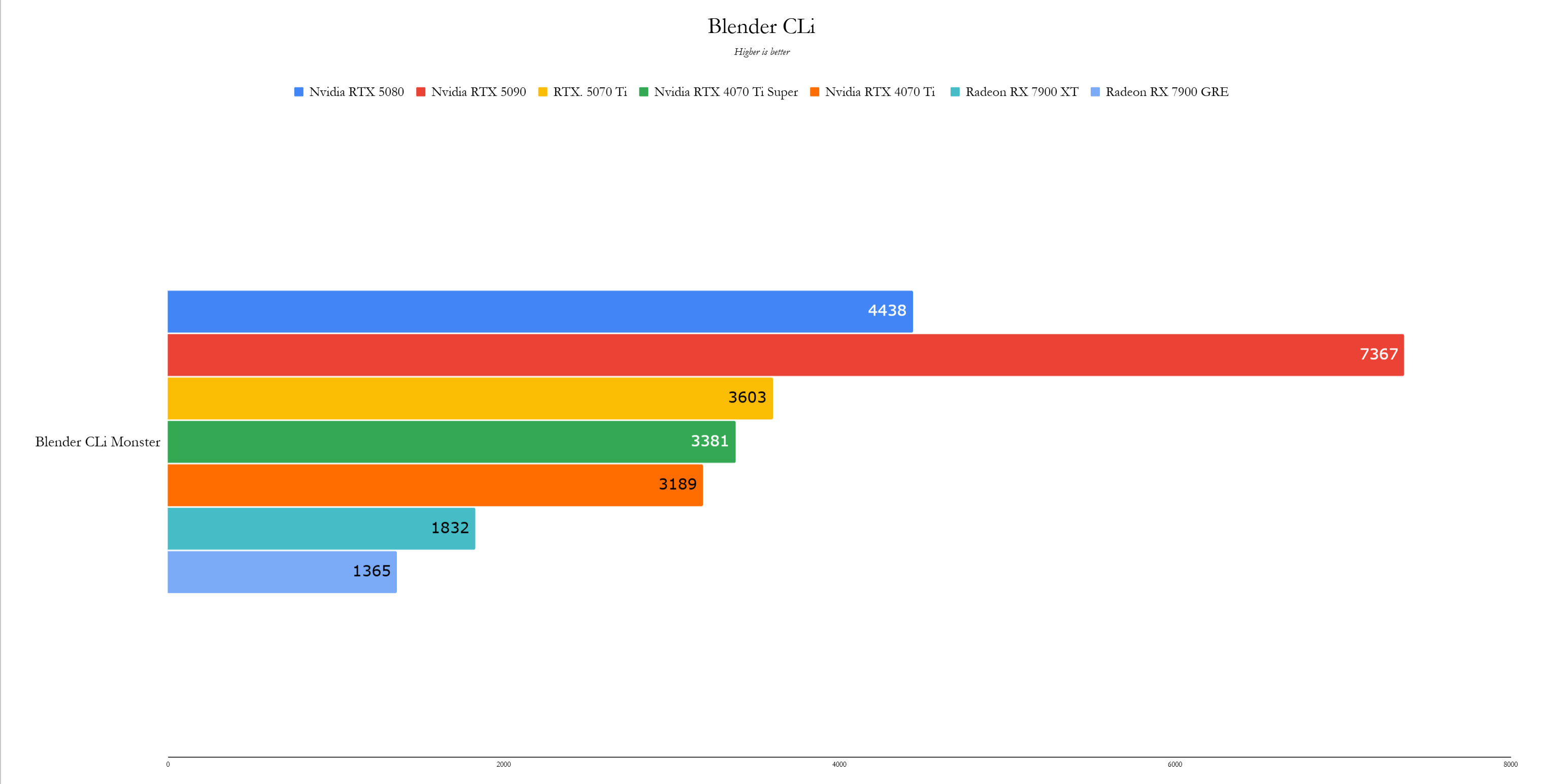
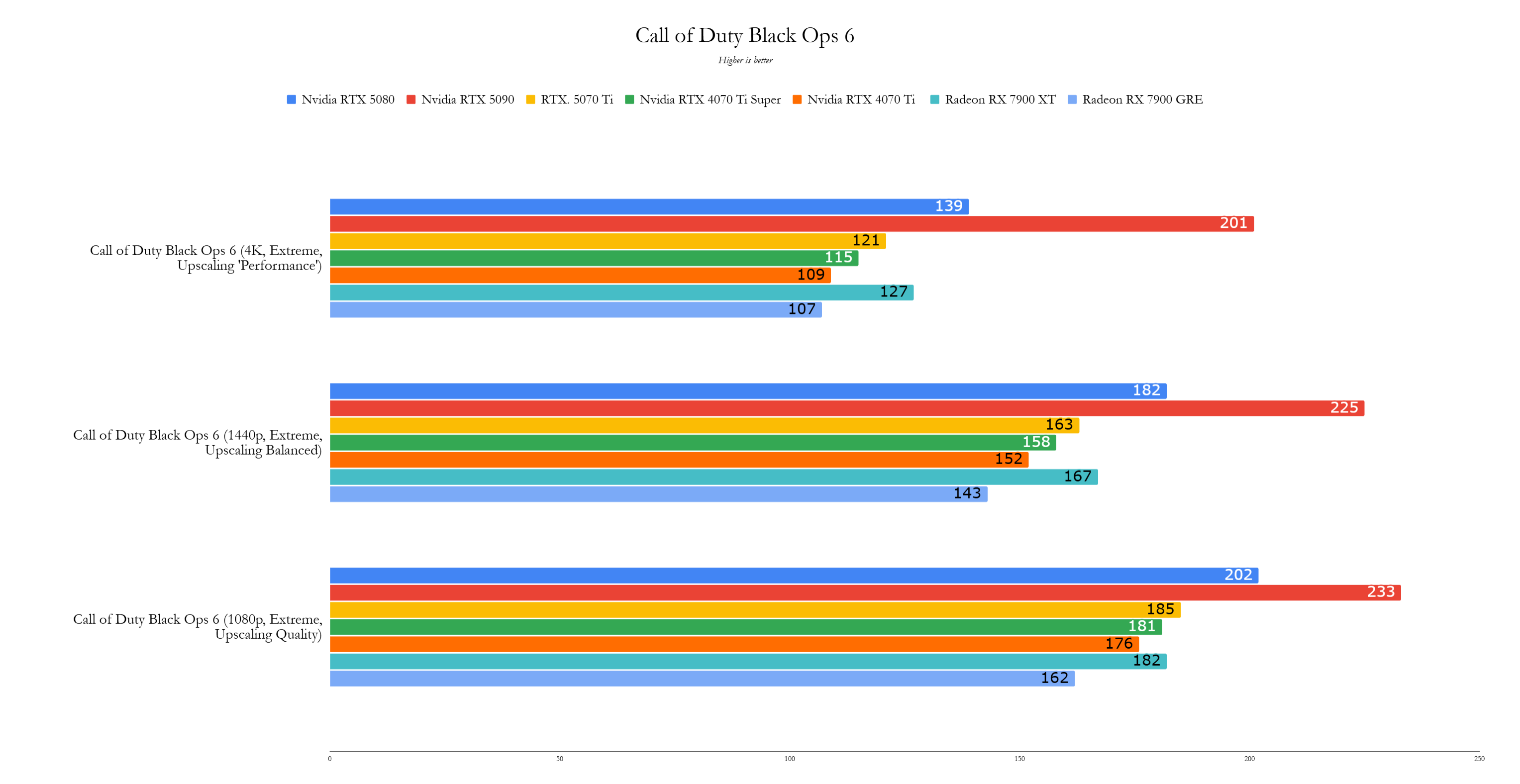
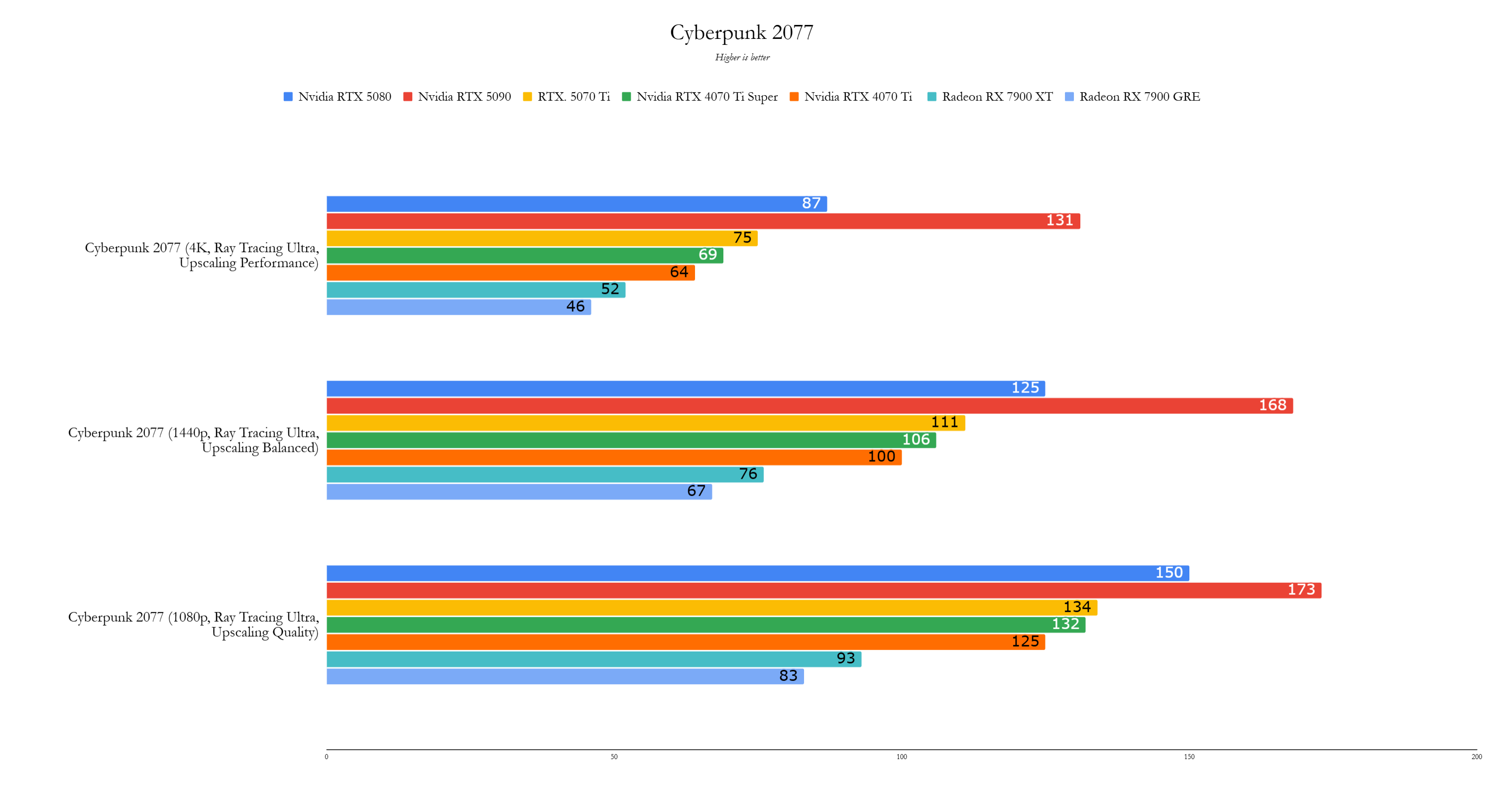
Performance
At 4K, the RTX 5070 Ti is approximately 11% faster than the RTX 4070 Ti Super and 21% faster than the RTX 4070 Ti. This surpasses the RTX 5080's generational improvement, making it the best value RTX 5000 series card. Testing consistently showed over 60fps at 4K, even in demanding titles.
Test System:
- CPU: AMD Ryzen 7 9800X3D
- Motherboard: Asus ROG Crosshair X870E Hero
- RAM: 32GB G.Skill Trident Z5 Neo @ 6,000MHz
- SSD: 4TB Samsung 990 Pro
- CPU Cooler: Asus ROG Ryujin III 360
The review used an MSI Vanguard Edition RTX 5070 Ti at stock settings to assess general performance. Benchmarks reflect the $749 MSRP. Games were tested with the latest drivers and versions, excluding frame generation and utilizing appropriate upscaling technologies (DLSS/FSR).
3DMark results showcased significant performance gains over previous generations. Game benchmarks showed varied improvements, with some titles exhibiting smaller generational leaps. However, even in demanding games like Cyberpunk 2077 and Black Myth Wukong, the RTX 5070 Ti maintained playable frame rates at 4K.
Conclusion
The Nvidia GeForce RTX 5070 Ti, at its $749 MSRP, is a strong contender for 4K gaming. It offers a significant improvement over its predecessor at a lower price point. While not a revolutionary upgrade, it provides excellent value for those seeking a capable 4K GPU.
 Home
Home  Navigation
Navigation






 Latest Articles
Latest Articles










 Latest Games
Latest Games











